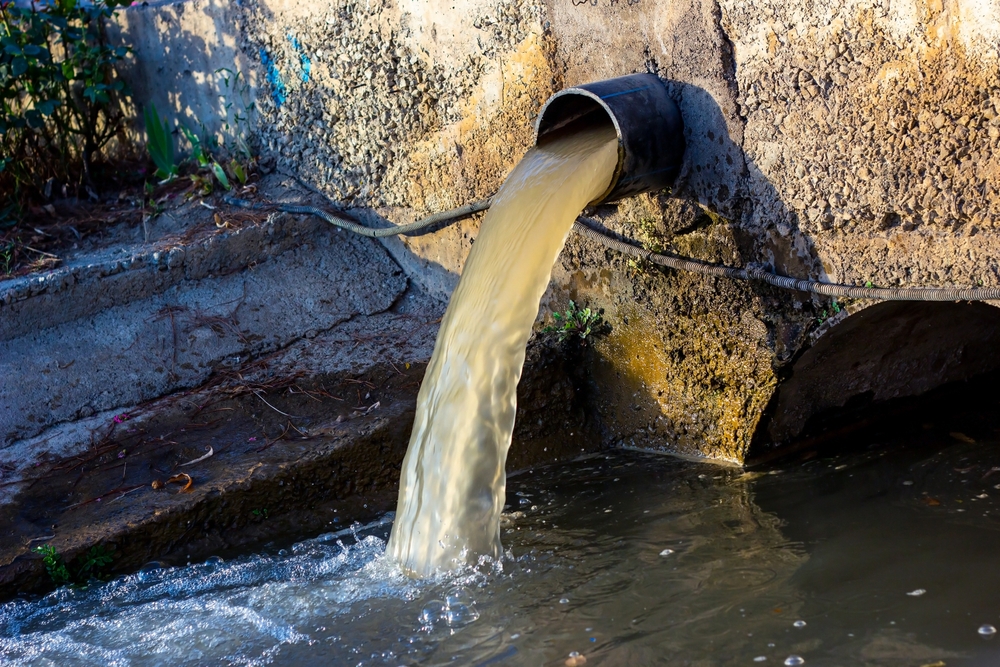Six pathogens has been deemed crucial
Others are reading now
The COVID-19 pandemic has underscored critical lessons for future health crises, particularly the importance of proactive measures and risk prevention.
Implements Sewage Monitoring
According to Alimente key among these strategies is early detection and monitoring of pathogens, as highlighted by the surveillance of wastewater where traces of SARS-CoV-2 were detected long before community spread became evident.
In a forward-thinking approach, French authorities are now gearing up to implement sewage monitoring as a pivotal security measure for the upcoming Paris 2024 Olympics and Paralympics.
Scheduled from July 26 to August 11 and August 28 to September 8, respectively, these global events warrant stringent health protocols to ensure participant and public safety.
Also read
Six Pathogens
The National Institute of Public Health of France has conducted a meticulous study to identify priority pathogens for monitoring in wastewater during the Games.
Utilizing the Delphi method, which integrates peer-reviewed literature and expert opinions, researchers selected six pathogens deemed crucial:
Poliovirus
Influenza A and B viruses
Monkeypox virus
SARS-CoV-2,
Measles virus.
Selection criteria included analytical feasibility, relevance to the Olympics, pathogen characteristics, and their value in informing public health policies.
Initially considering 60 pathogens, the study refined the list to 25, with final evaluation by a panel of 32 experts ensuring consensus on 30 pathogens.
Experts Debate
Despite debates among experts over the inclusion criteria and relevance of certain pathogens like seasonal influenza, the study emphasizes the broader utility of sewage surveillance beyond COVID-19.
While some skepticism remains among experts regarding the method’s applicability to non-fecal transmission viruses like seasonal flu, the initiative represents a robust public health strategy. It aims not only to safeguard against potential outbreaks during the Games but also to establish a framework for future mass gatherings and public health emergencies.


